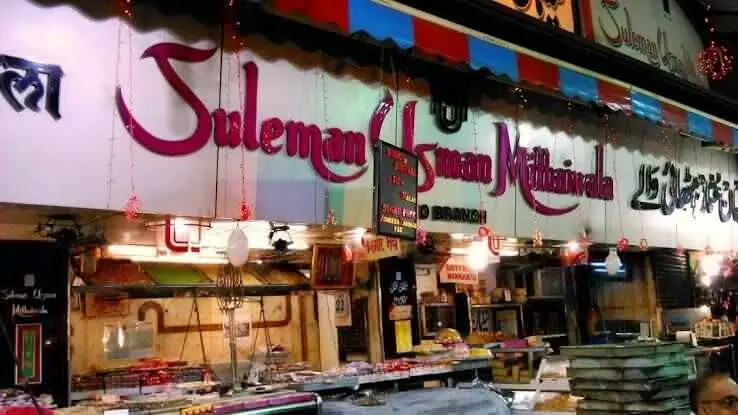
There must be memories
text_fieldsA session court in Mumbai was hearing the sensational bakery firing case during the 1993 communal riots, the other day. One of the main witnesses, a 75-year-old man in a wheelchair, declared that he had no recollection of what happened. Abdul Sattar, the owner of Suleman Usman Bakery, a well-known pastry shop on Mumbai's Muhammad Ali Road, told the court that he could not remember anything about the shooting that killed eight people, including five of his employees. The public prosecutor recalled Sattar's statement to the Special Investigation Team in 2001 when he said that he did not remember what he had done except that there was a shooting at the shop and that he was at home on curfew day. The reply was that he did not even remember anyone having questioned him before in the case itself. With that, the witness was declared hostile. Abdul Sattar pleaded that his old age was the reason for his lapse in memory. The witness who was first examined in the case was also declared hostile during the trial.
Although Abdul Sattar and the first witness have forgotten all of it, the memories of those gunshots still shake the city of Mumbai. The police firing at the bakery ensued on January 9, 1993, during the Bombay riots. The accused were 18 police officers including former city police commissioner Ramdev Tyagi and two special commandos. According to the police, it was a counter-attack against the terrorists who had hidden inside the bakery and opened fire on the police with a stun gun. However, the committee headed by retired Supreme Court Judge Justice BN Srikrishna found the police's claim to be false. Though 78 persons were arrested after the raid, no terrorist was found, nor was any sten gun recovered. No policemen were injured either. The commission's report said that it was a unilateral firing on unarmed Muslims. Later, following the pressure of the Supreme Court, a special investigation team was formed and the officials were implicated. In this, Tyagi and eight policemen were later acquitted and two accused policemen have since died. Later, the trial started in 2019 to decide whether the remaining policemen are guilty or not. Many people were stunned when the witness who once told the investigation team about the pools of blood from the crime site, the bullet holes on the bodies, and the eyewitness accounts given by the remaining workers, later said that he doesn't remember anything now. At least some people verbally abused him.
After all, how can anyone blame them if they feel that it is better to pretend to have forgotten everything when no culprits have been found, no justice has been delivered to the relatives of the victims of the massacre that took place 29 years ago, and when there are examples of accused men welcomed as heroes even when the court declares them as guilty. A prominent case in Kerala and the defections in it must also be remembered here. The case where a tribal youth named Madhu of Attapadi was beaten to death by a mob accusing him of being a thief on February 22, 2018. Although there was no one to hold a candlelight rally and besiege the secretariat demanding justice for Madhu as he was a tribesman and poor, the incident did at least hurt a few people. At least some people who were convinced that what happened to Madhu may happen to them tomorrow also came to support the family. Media attention and the belated intervention of the authorities eventually moved the investigation further. But the delay in starting the trial gave the defendants time to influence witnesses and subvert many. Until now, 24 witnesses have been deposed in the case. Madhu's mother Malli and sister Sarasu had revealed to the media that attempts were made to influence them and endanger them. If hope and confidence have to be sustained in such helpless people who overcome all pressures and fight for the law, then the judiciary has to work with extra vigil.























